During his presidential campaign François Hollande promised what he called an “exemplary Republic”, in other words a state where the leading figures and institutions were seen to be beyond reproach. Earlier this week President Hollande took his first, modest, steps down this route. As Mediapart had predicted (see story in French here) the constitutional reforms he unveiled to his ministers involve four laws. These cover the independence of the judiciary, a strengthening of social dialogue and reforms involving the civil law status of the president and the way criminal prosecutions against government ministers are handled.
However, many measures that had been promised by the Socialist candidate have disappeared, including the right to vote in local elections for non-EU foreigners, and the removal of immunity from criminal prosecution for the president while in office.
In the end the Elysée Palace has chosen not to rush things and has only put forward those law proposals likely to be approved. This is an approach which corresponds to François Hollande's temperament and his preference for practical politics. A few weeks ago he asked prime minister Jean-Marc Ayrault to consult with all the different political groupings at the National Assembly to verify, law by law, whether the government could get a majority. All reform of the Constitution must be agreed upon by a special Congress at Versailles, consisting of all members of the National Assembly and the French Parliament's Upper House, the Senate, three-fifths of whom must approve it. On its own the Left does not have such a majority and so will be forced to beg for support from centrists and a section of the Right for the vote, which will probably be held in July
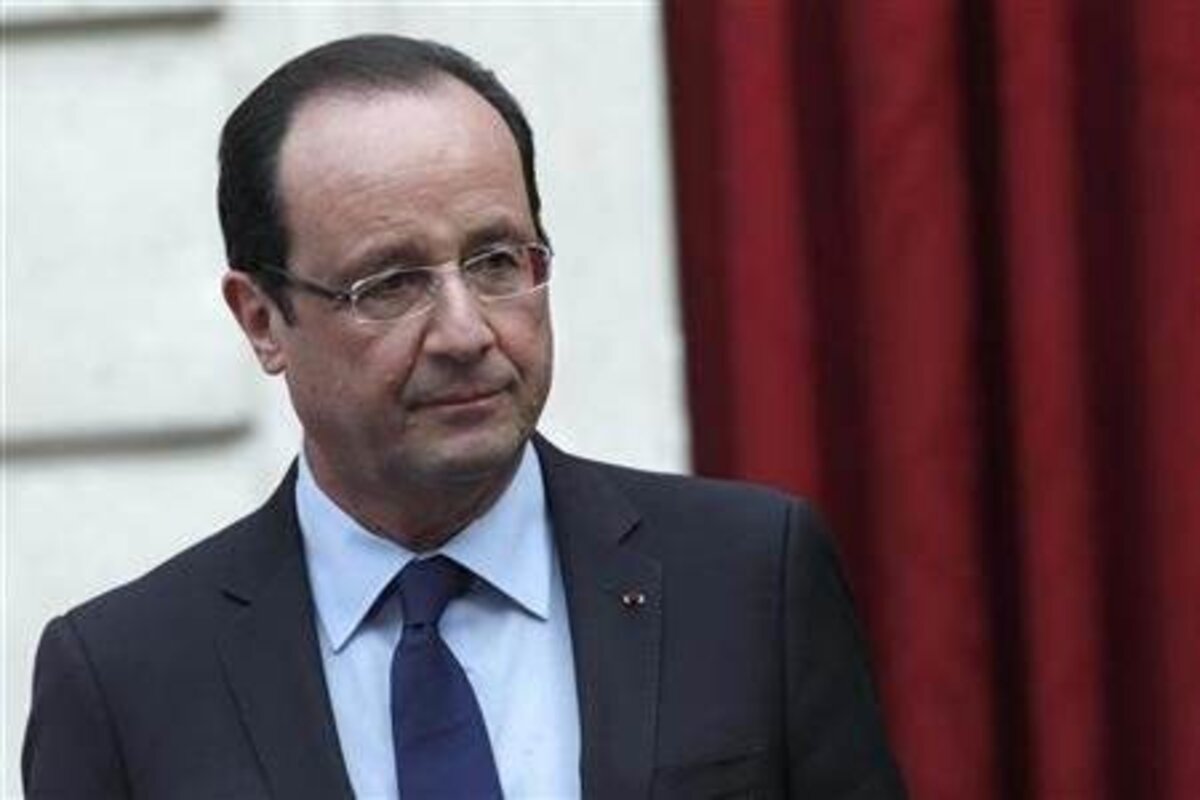
According to a ministerial adviser, the centrist MP Jean-Louis Borloo was notably inflexible in his dealings with the prime minister on the issue. It was a similar story with members of the UMP who have the bitter memory of constitutional reforms promoted by President Nicolas Sarkozy that were voted through in the teeth of furious opposition from the Left in 2008.
“The Right and centrists don't want to allow any victory for François Hollande on constitutional reform! They have decided to oppose it systematically,” says a senior figure on the Right.
The most important reforms involve the independence of the judiciary. The governing body for the judiciary, the Conseil supérieur de la magistrature (CSM) which oversees the nominations of judges and magistrates as well as disciplinary issues, will be given more independence from the executive, even if the reforms are not extensive. The changes involve altering the composition of the CSM, to ensure that judges will once again be in the majority. Members of the judiciary have not been in majority on the organisation's ruling council since the presidency of Nicolas Sarkozy, who was openly mistrustful of judges. Another change is that no longer will the external figures appointed to the CSM be nominated by the executive, but by independent figures.
The CSM's remit will also be widened. It will be be able to examine, without prior consultation, issues relating to the independence of the judiciary and the ethical standards of judges. Another change is what's called the “reinforcing” of the position of prosecutors. Under the new law the CSM will have the final say in the nomination of prosecutors, whereas up to now it has only had the right to give its non-binding view on nominations.
However, a bolder move would have been to remove the right to appoint public prosecutors from the Ministry of Justice altogether and handing this to the CSM. This already happens with sitting judges. Many critics will consider that under this reform the judiciary is a little more autonomous but not yet independent.
'All equal under the law'
The next measure is part of François Hollande's expressed desire for “equality of all in the eyes of the law, which is a strong expectation of our fellow citizens”. Namely, to ensure that the president and ministers are treated the same as everyone else.
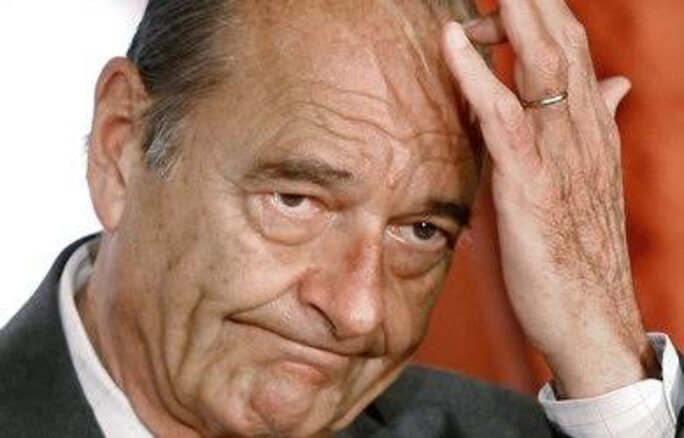
So, for example, an incumbent president will lose their current immunity against legal proceedings under civil law. An overseeing committee, the commission des requêtes or petitions committee, would vet such actions to ensure they were not frivolous or vexatious.
However, in cases of allegations of embezzling public funds, such as those that dogged President Jacques Chirac when he was in office, potential legal action would still be put in abeyance until after the president's term is completed. Thus for some critics, for example the left-leaning magistrates trade union the Syndicat de la Magistrature, the reform does not go far enough.
The main reason why removing a sitting president's immunity under criminal law has not been included in these reforms is simply that the government did not think it would get a majority for it. Even on the Left there is not unanimity on the issue, as some politicians believe that removing immunity would open the floodgates to politically-motivated allegations rather than bona fide criminal proceedings against the president.
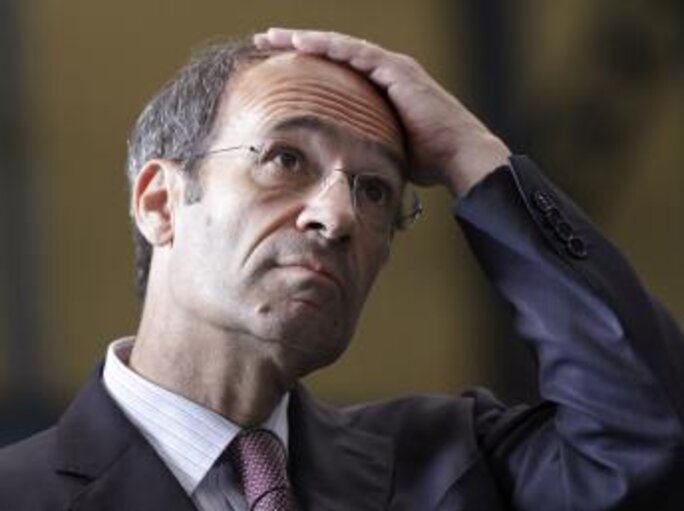
However, one long-standing and emblematic promise made by François Hollande has made an appearance; the abolition of the Cour de Justice de la République (CJR) or Court of Justice of the Republic the special court which, alone, has the authority to try cases against current and former ministers over alleged misconduct while they were in office. The CJR has been castigated for the slowness with which it takes up and handles cases – for example in the current case involving former Finance Minister and current Managing Director of the International Monetary Fund (IMF) Christine Lagarde and the case involved the allegedly illegal sale of forest land approved by former Budget Minister Eric Woerth - and for the indulgent way it judges ministers. Twelve of the CJR's 15 members are parliamentarians.
In the future, if the law is adopted, ministers will be prosecuted and tried under ordinary law, like anyone else, though always in Paris. However, as is currently the case, the complaints will first be filtered by a commission des requêtes or petitions committee to avoid abusive or unfounded allegations.
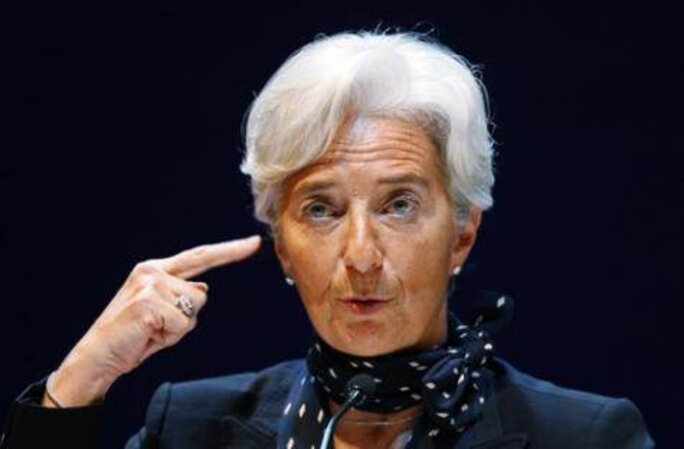
The third law announced as part of the constitutional reforms is a particular hobby horse of social-democrat François Hollande, namely the writing into the Constitution of the requirement for social dialogue. He announced it during his primary election to become Socialist Party president candidate, repeated it during the presidential campaign itself and then referred to it after becoming president.
In concrete terms it means that any proposed legislation that concerns workplace rights, employment or professional training has to be preceded by a consultation process with the unions and the employers. This codifies what President Hollande has already been doing since his election.
The fourth and final law proposal aims to abolish the automatic right of presidents to become a member of the Conseil constitutionnel, the country's highest authority on the constitution, once they leave office. However, to the great regret of many socialists the new rule will only apply to Hollande and his successors. This means Valéry Giscard d’Estaing, Jacques Chirac, who no longer sits on the council, and Nicolas Sarkozy will continue to have life membership.
According to sources close to François Hollande, he made this choice to avoid being accused of taking revenge on his predecessors. But several socialist MPs have already indicated their intention of tabling an amendment.
The constitutional reforms have, though, avoided a more ambitious shake up of the council, whose method of working is now judged to be obsolete since the the introduction into the law in 2010 of the so-called Question prioritaire de constitutionnalité ' or 'priority question of constitutionality'. This gives the right to ask the Conseil constitutionnel if a particular law is in accordance with the Constitution. “If it hasn't yet become a 'supreme court' it has become a genuine 'constitutional court'. We should not just limit ourselves to getting rid of former presidents of the Republic,” says Jean-Jacques Urvoas, the socialist president of the National Assembly’s law committee.
The changes do, though, envisage the ending of the technical right of government ministers to have another political position while in office, for example as a mayor or head of a departément (broadly equivalent to a county) council. In practice this is already observed, though the rule has never been enshrined in the Constitution.
The government has also announced that between now and the summer it will table legislation on preventing conflicts of interest in public life, in line with a report by senior public servant Jean-Marc Sauvé. This will involve the setting up of a Haute autorité de déontologie de la vie publique or High Authority on Ethics in Public Life and trying to stop top civil servants walking into highly-paid private jobs, often thanks to the Old Boys' network, a practice known as pantouflage.
Will there be more reforms?
However, in slicing up his reforms in this way François Hollande is exposing himself to charges that he has betrayed his promises. For a reform that claims to “give a fresh impetus to our democracy,” it is missing key elements. To start with, there is the emblematic issue of the right to vote in local elections for non-EU foreigners. Its absence, though, is no great surprise as the government had already prepared the ground by repeating that this law would only be included in the reforms if there was a chance of it being adopted. The fierce opposition of the centrists killed it off.
And François Hollande, who is at a new low point in the opinion polls, does not want to get involved in a public wrestling match over a subject which divides the public, including his own electorate. “We're not here to start debates but to act,” explains an advisor. So there is no room for a reform supported by the vast majority of socialist activists, and one that has been championed by the Left since 1981. The president has also declined to enshrine secularism into an 'organic' or fundamental law, to ratify the European Charter for Regional or Minority Languages or to remove the word “race” from the Constitution. In each case legal obstacles have been given as the reason for their non-inclusion in the reforms.
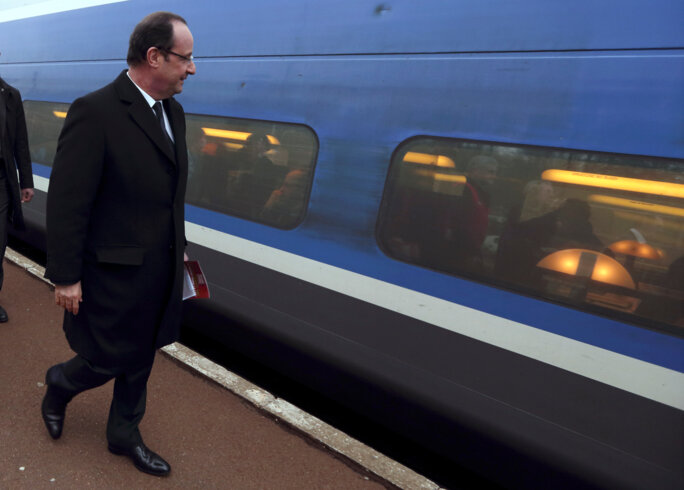
Enlargement : Illustration 5

Above all, François Hollande has not yet given a timetable for the adoption of a ban on parliamentarians being able to hold another political office at the same time as they are a senator or an MP, a process known as 'cumul des mandats'. Even if this does not require a change in the Constitution but simply an 'organic law', this issue has become the symbol of the “exemplary Republic” envisaged by Hollande when he was a candidate. “It's one of the paradoxes of this particular reform [on MPs' jobs], we don't touch the Constitution, but it will have a profound impact,” explains presidential adviser Bernard Rullier, a specialist on parliamentary affairs.
But while this measure has been put before the Cabinet several times, it has not yet been given a timetable. Meanwhile François Hollande has still not confirmed that it will be put back to 2017, the year of the next presidential election.
The announcement of the constitutional reforms was, ironically, partly overshadowed by a media debate over plans by the government to use 'ordonnances' in a bid to speed up its programme. These are in essence temporary laws approved in Cabinet and signed by the president, and which are only later ratified by Parliament. Some critics would say they sit uneasily with President Hollande's desire for greater dialogue. They also sit oddly with the “renewal of democracy” claimed by the president for his constitutional reforms.
----------------------------------
English version by Michael Streeter


